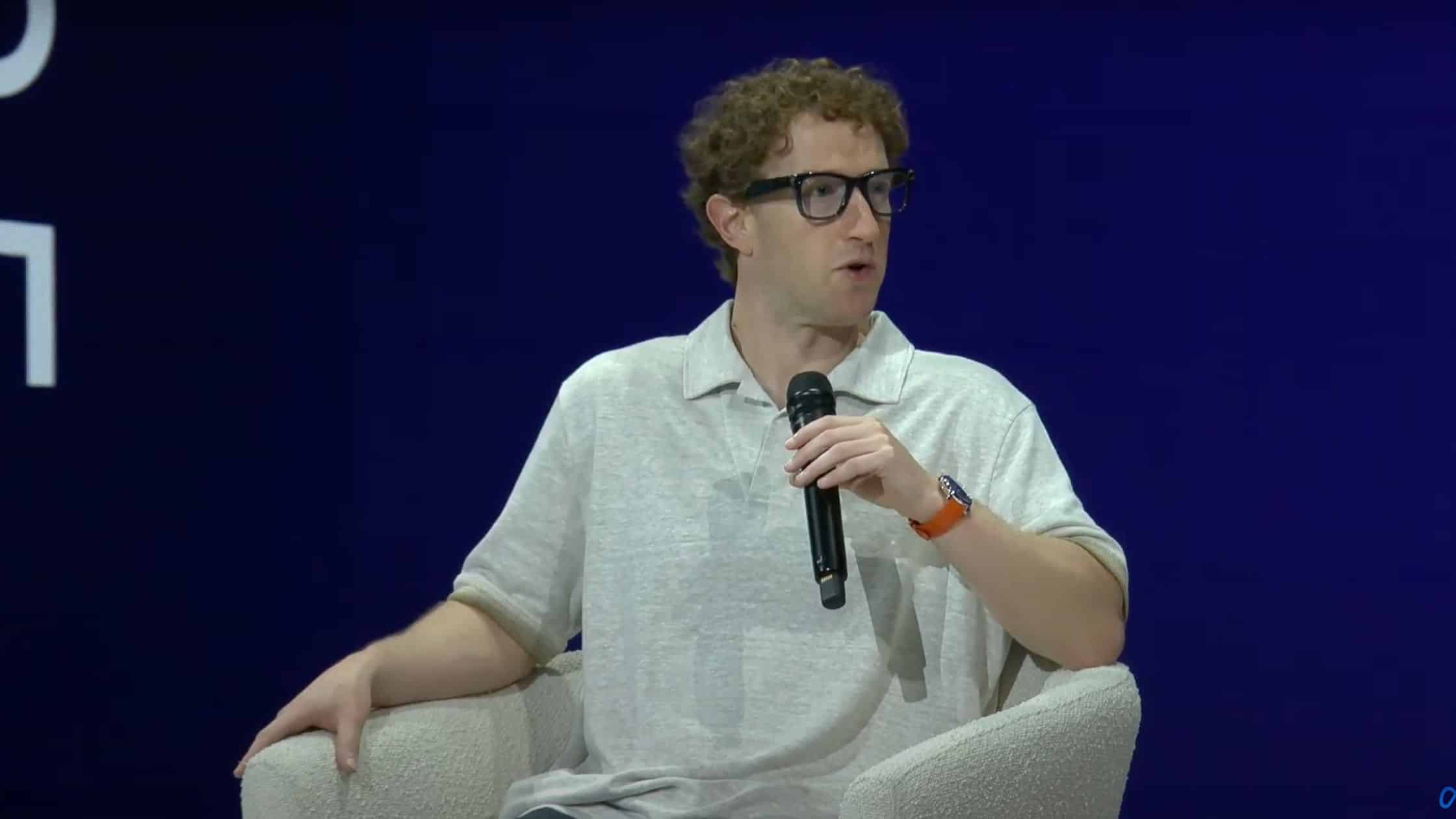Meta Maintains View of OpenAI as a Competitor, No Longer Regards DeepSeek as One

The Unique Atmosphere of LlamaCon 2025
Meta’s Developer Summit Overview
LlamaCon 2025, the inaugural developer summit by Meta, marked a significant shift in the company’s focus. Unlike typical tech events that focus on competition and market dominance, Meta emphasized practical and cost-effective solutions for developers and businesses. The atmosphere was collaborative, showcasing an intention to aid developers more than just showcasing them as competitors in the AI field.
Key Announcements from Meta
During this pivotal event, Meta unveiled several important features aimed at enhancing developer experience:
- Standalone Meta AI App: This new app, powered by the latest Llama 4 model, directly competes with popular AI solutions like ChatGPT.
- Llama API: This tool is designed to help businesses customize Llama AI models effectively.
According to Meta’s leadership, these moves indicate a strategic effort to compete with industry leaders such as OpenAI. OpenAI is reportedly also developing a social app, which raises the stakes in the AI space.
Features of the Llama API
The Llama API offers several noteworthy functionalities:
- One-Click Key Generation: This simplifies the process of accessing the API.
- Interactive Playground: Developers can experiment with models such as Llama 4 Scout and Llama 4 Maverick to understand their capabilities.
- Lightweight SDK: Meta has introduced a Software Development Kit (SDK) in both Python and TypeScript, ensuring compatibility with OpenAI’s SDKs to facilitate easy transition for users.
Additionally, Meta introduced tools for model fine-tuning, allowing developers to personalize the Llama 3.3 8B model, generate training data, and evaluate outcomes through the API. Collaborations with Cerebras and Groq have further enhanced the Llama 4 API’s capabilities.
Emphasis on Open Source and Collaboration
Meta continues to position itself as a leader in the open-source AI community. As of recently, the Llama models have been downloaded over 1 billion times, showcasing their popularity.
Zuckerberg, during discussions, highlighted the excitement within the developer community regarding the open-source nature of large language models (LLMs). The ability to mix and match different models is seen as a revolutionary opportunity to tailor AI solutions.
Industry Comparisons and Pricing Trends
A unique aspect of Meta’s strategy is its influence on pricing trends across the industry. After each Llama model release, competitors tend to decrease their API prices, as seen in models like Claude 3.7 Sonnet and Gemini 2.5 Pro. For instance, Claude’s pricing per million tokens is $3 for input and $15 for output, while Gemini offers pricing of $1.25 for input and $10 for output.
Ali Ghodsi, CEO of Databricks, pointed out two noticeable trends: the preference for smaller, specialized models, and the increasing importance of inference-time computing. Many organizations are discovering that smaller models can efficiently handle repetitive tasks, optimizing performance while minimizing costs by distilling larger models.
Future Developments
Zuckerberg mentioned that Meta is developing a new model called “Little Llama.” However, it’s important to note that Meta has yet to release a reasoning model, which is a significant aspect of AI performance.
In contrast, OpenAI is preparing to launch a powerful new open-weight model that offers strong reasoning capabilities. Zuckerberg has remarked that comparing Llama 4 with certain competitors isn’t entirely fair because Meta’s reasoning model is not yet available.
Licensing and Open Source Discussion
Concerns about Meta’s licensing policies have been raised, particularly regarding the level of openness in Llama’s licensing terms. Zuckerberg acknowledged that some may have reservations, but most companies appear to accept the licensing conditions, which include stipulations for entities with more than 700 million users to engage with Meta before utilizing the model.
While some view these conditions as restrictive, Zuckerberg argues that it’s a reasonable approach for Meta to seek communication with major companies that might impact the market significantly. This strategy reflects Meta’s approach to balancing open-source innovation with business interests.
In summary, LlamaCon 2025 demonstrated Meta’s commitment to providing developers with practical tools and promoting a collaborative, open-source environment in AI technology.






